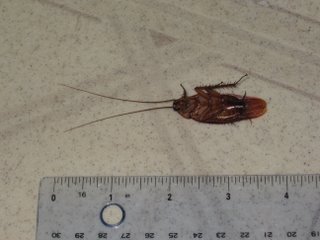
As October 31 approaches, I recommend that all aesthetes memorize “To Autumn.” It’s a life-strengthening task, a sense-thickening feat, a time-enriching devotion. I can still remember how it felt to exist the morning I began to memorize it. I spent an hour or two in the periodicals section of Buswell Library, not the most picturesque location in the world, but the one that consistently won the
Record’s award for “best chairs to sleep in” on campus. There are windows in that part of Buswell, and the light elated me as I half-drowsed and drank in the words of that great, ambitious, lively poet of indolence.
Every year I have found a willing or quasi-willing audience for a recitation of this poem. More often than not this weird birthday celebration is disappointing and humiliating for me. But I still recommend the memorization experience for everyone, whether anyone ever cares to listen to you or not. There is no doubt that you will be the happier for learning this poem.
1.
SEASON of mists and mellow fruitfulness,
Close bosom-friend of the maturing sun;
Conspiring with him how to load and bless
With fruit the vines that round the thatch-eves run;
To bend with apples the moss’d cottage-trees,
And fill all fruit with ripeness to the core;
To swell the gourd, and plump the hazel shells
With a sweet kernel; to set budding more,
And still more, later flowers for the bees,
Until they think warm days will never cease,
For Summer has o’er-brimm’d their clammy cells.
2.
Who hath not seen thee oft amid thy store?
Sometimes whoever seeks abroad may find
Thee sitting careless on a granary floor,
Thy hair soft-lifted by the winnowing wind;
Or on a half-reap’d furrow sound asleep,
Drows’d with the fume of poppies, while thy hook
Spares the next swath and all its twined flowers:
And sometimes like a gleaner thou dost keep
Steady thy laden head across a brook;
Or by a cyder-press, with patient look,
Thou watchest the last oozings hours by hours.
3.
Where are the songs of Spring? Ay, where are they?
Think not of them, thou hast thy music too,—
While barred clouds bloom the soft-dying day,*
And touch the stubble plains with rosy hue;
Then in a wailful choir the small gnats mourn
Among the river sallows, borne aloft
Or sinking as the light wind lives or dies;
And full-grown lambs loud bleat from hilly bourn;
Hedge-crickets sing; and now with treble soft
The red-breast whistles from a garden-croft;
And gathering swallows twitter in the skies.
*
The picture above is the closest thing I have to a picture of barred clouds. Usually the venue for a Keatsmas recitation is selected for the presence of stubble plains, or at least an open sky upon which to observe said clouds. In the absence of stubble plains, a lake makes a very pleasant setting.






























